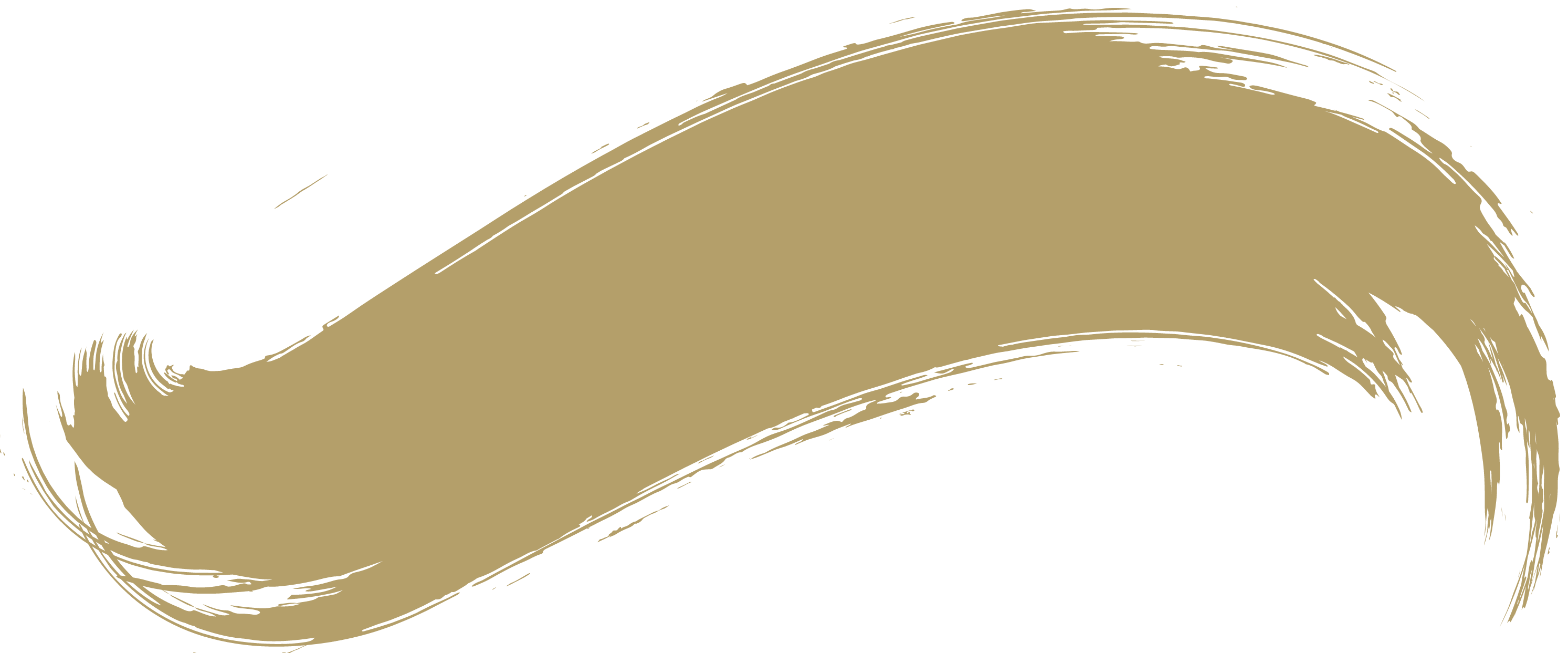With a particular focus on the health and wellbeing of carers, these compelling interviews detail just how people on the frontline coped during the pandemic’s early stages and the impact that dying, death, grief and loss had on them.
These poignant stories are interspersed with the works of seven Irish poets. The works by Christie Kandiwa; Martin Dyar; Ann Leahy; Catriona Clutterbuck; Lani O’Hanlon; Chandrika Narayanan-Mohan; and Vincent Woods; arose from their own particular experiences of living through the pandemic.
In the following extract from ‘Reflection’, Róisín Ingle interviews Mairin Cronin, Day Activities Nurse Manager Service for Older People, Marymount Hospice, Cork.
Mairin Cronin | Day Activities Nurse Manager Service for Older People, Marymount Hospice, Cork

As Day Activities Nurse Manager Service for Older People at Marymount Hospital and Hospice in Co Cork, Mairin Cronin and staff ensure all residents are given opportunities for what she calls “meaningful engagement.” The philosophical goal at Marymount is to ensure the richest quality of life for everyone. In the ‘before times’ she describes a place brimming over with life and activity. There were regular activities, mass, visiting musicians and choirs and schools and volunteers. Residents could take part in a wide variety of hobbies. There was respectful time alone for individuals and joyful visits from family and friends. “Residents here are active participants in society, that is hugely important, it’s at the heart of everything we do,” Mairin says.
When the pandemic happened, all of this activity was restricted overnight along with all regular routines and diversions. With residents no longer able to mix casually over activities or meals or cups of tea, Mairin and her colleagues reached for more creative ways to keep the engagement going.
"They told us of all they’d experienced in their lifetimes. They told us what it was like during the second world war and afterwards, or about surviving the polio epidemic"







